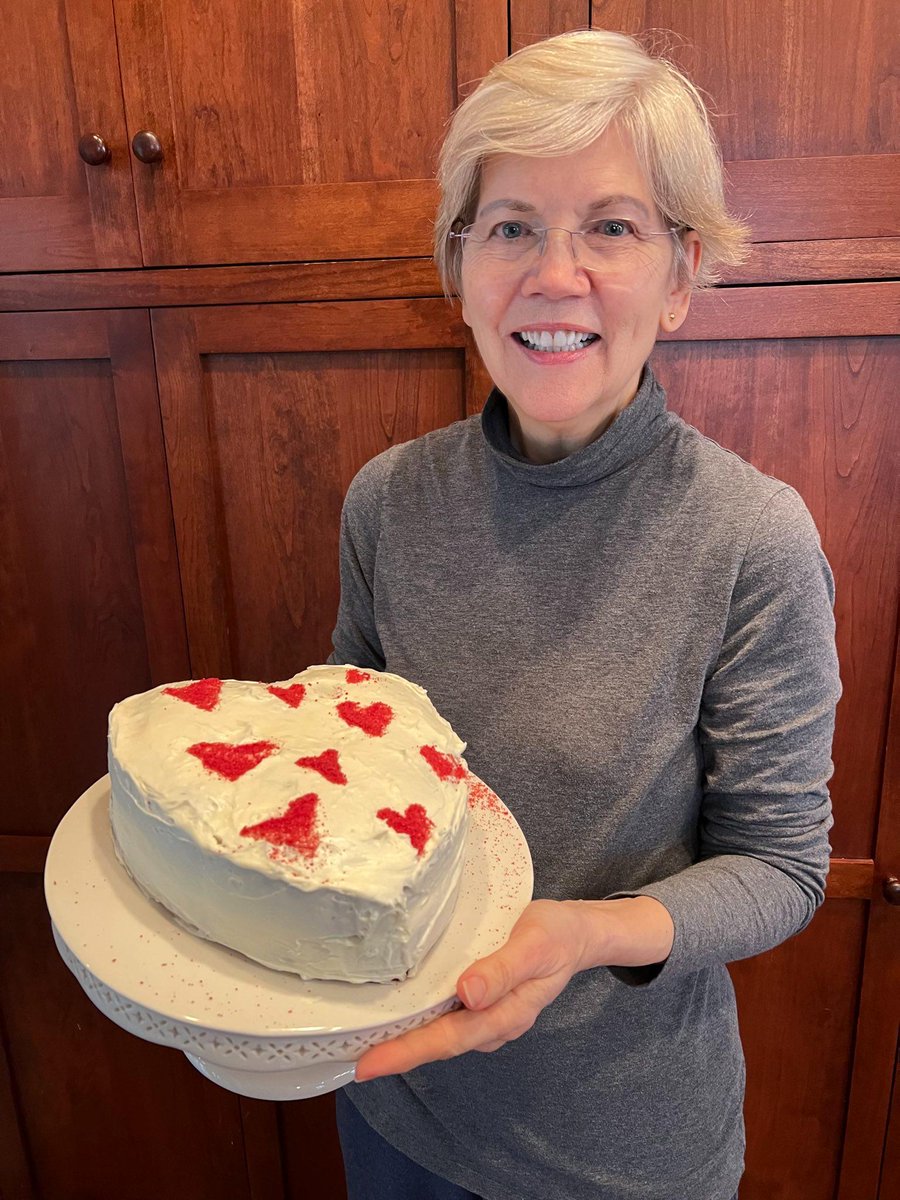My daddy couldn’t work for a while after he had a heart attack. Bills piled up. One day, when I walked into my parents’ bedroom, I saw my mother’s face was red & puffy. A dress was laid out over the bedspread—the dress that only came out for weddings, graduations, & funerals:
She kept saying, "We are not going to lose this house.” She’d never worked outside the home. She was terrified. But she dug deep, she put on that dress, she walked down the street to Sears, and she got a minimum wage job that saved our house and our family.
This #MothersDay, I’m thinking of my mother’s courage. I’m thinking of all the mamas fighting for their families. And I’m staying in the fight for a government that has their backs—from ensuring universal child care and paid leave to protecting reproductive freedom. 

• • •
Missing some Tweet in this thread? You can try to
force a refresh

 Read on Twitter
Read on Twitter










